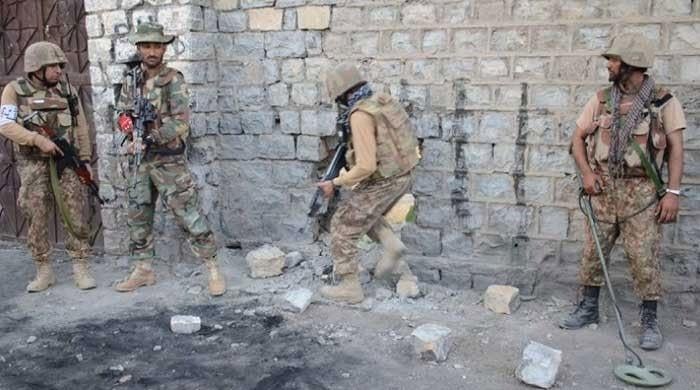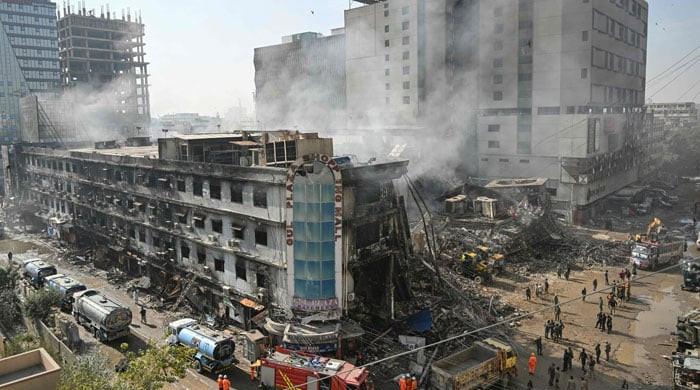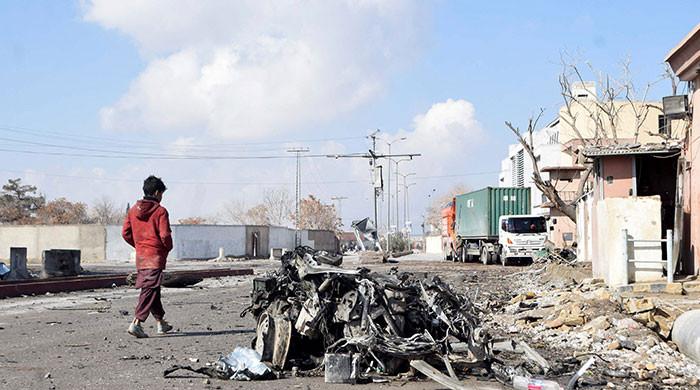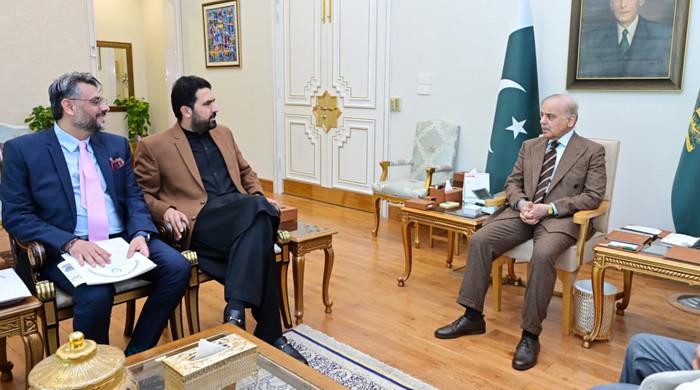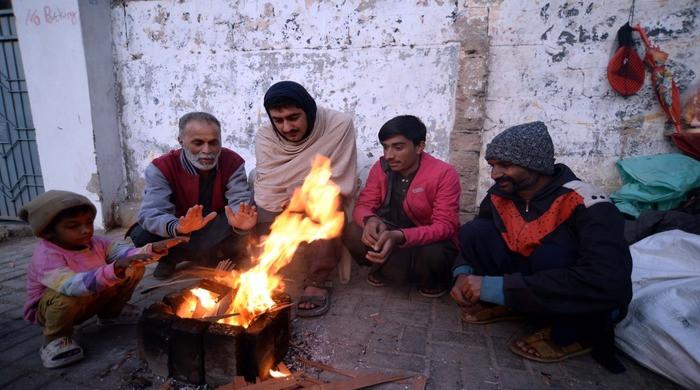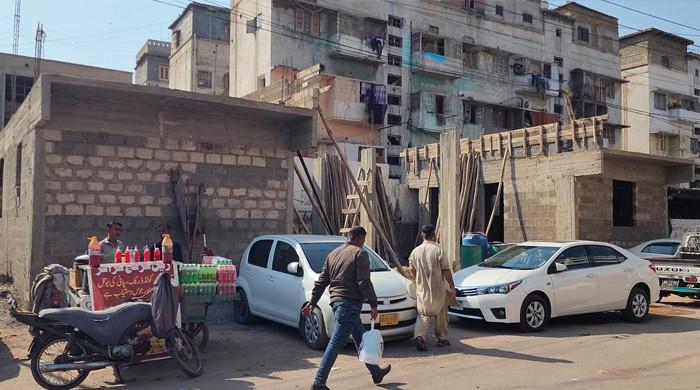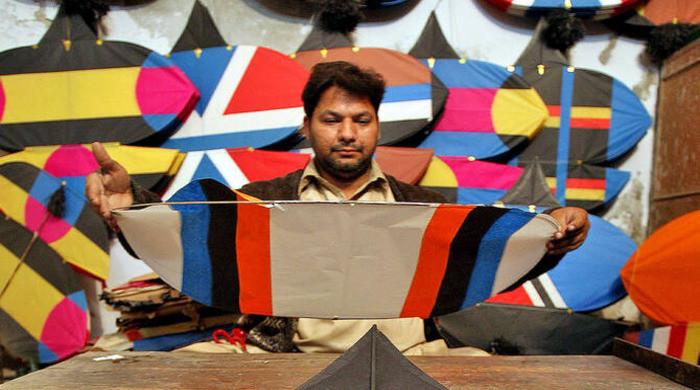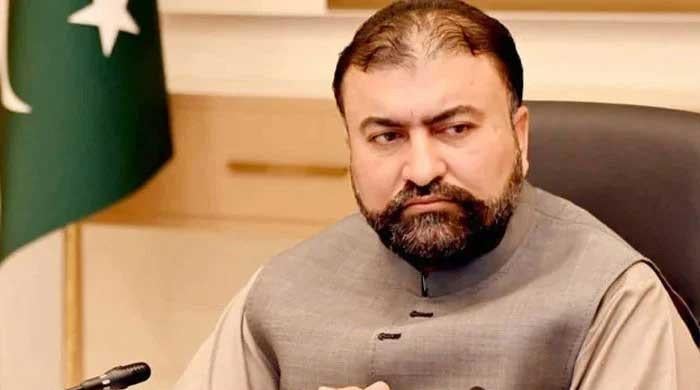Sindh to register madrasahs as schools through education department
The decision to formally register madrasahs has been taken under the National Action Plan
August 24, 2020
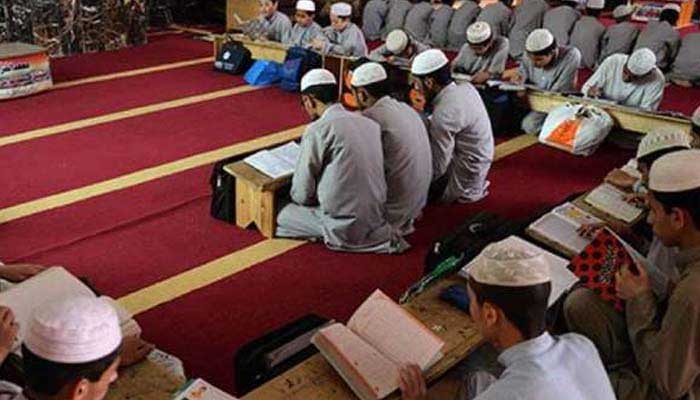
KARACHI: The Sindh government on Monday announced that it has decided to register all madrasahs in the province as educational institutions, Geo News reported.
According to the spokesperson for Sindh Chief Minister Murad Ali Shah, the decision was taken at a meeting of the apex committee of the provincial government in light of the National Action Plan and other related issues.
Briefing the meeting, the Sindh police chief said there were 8,195 religious schools in the province. The committee members subsequently decided that all religious schools in the province would be regularised as educational institutions by the Sindh Education and Literacy Department.
According to former Pakistan Madrasah Education Board chairman Dr Aamir Tuaseen, almost all madrasahs in Sindh are registered under Section 21 of the Societies Registration Act 1860, but hundreds of unregistered seminaries are also operating across the province.
In 2016, the Sindh Counter Terrorism Department (CTD) had drafted a “Deeni Madaris Act”. The draft was the first-ever proposed law on the registration of madrasahs in Pakistan. The proposed legislation was aimed at creating a formal mechanism for registering, regulating and facilitating religious seminaries in the province, according to a report in The News.
The madrasah regulation bill was one of the major components of the National Action Plan devised by the centre to counter religious extremism in the country.
Sindh had been the first province to start the process of registering madrasahs.
‘Legislation being drafted to eradicate street crime’
Separately, Advisor to the Chief Minister on Law Murtaza Wahab told the meeting participants that legislation to eliminate street crime was also being prepared in consultation with the Sindh High Court.
To this, the chief minister said that merely making laws was not enough, implementation was necessary as well.
The meeting participants also decided to appoint a separate judge to hear cases pertaining to street crimes.




